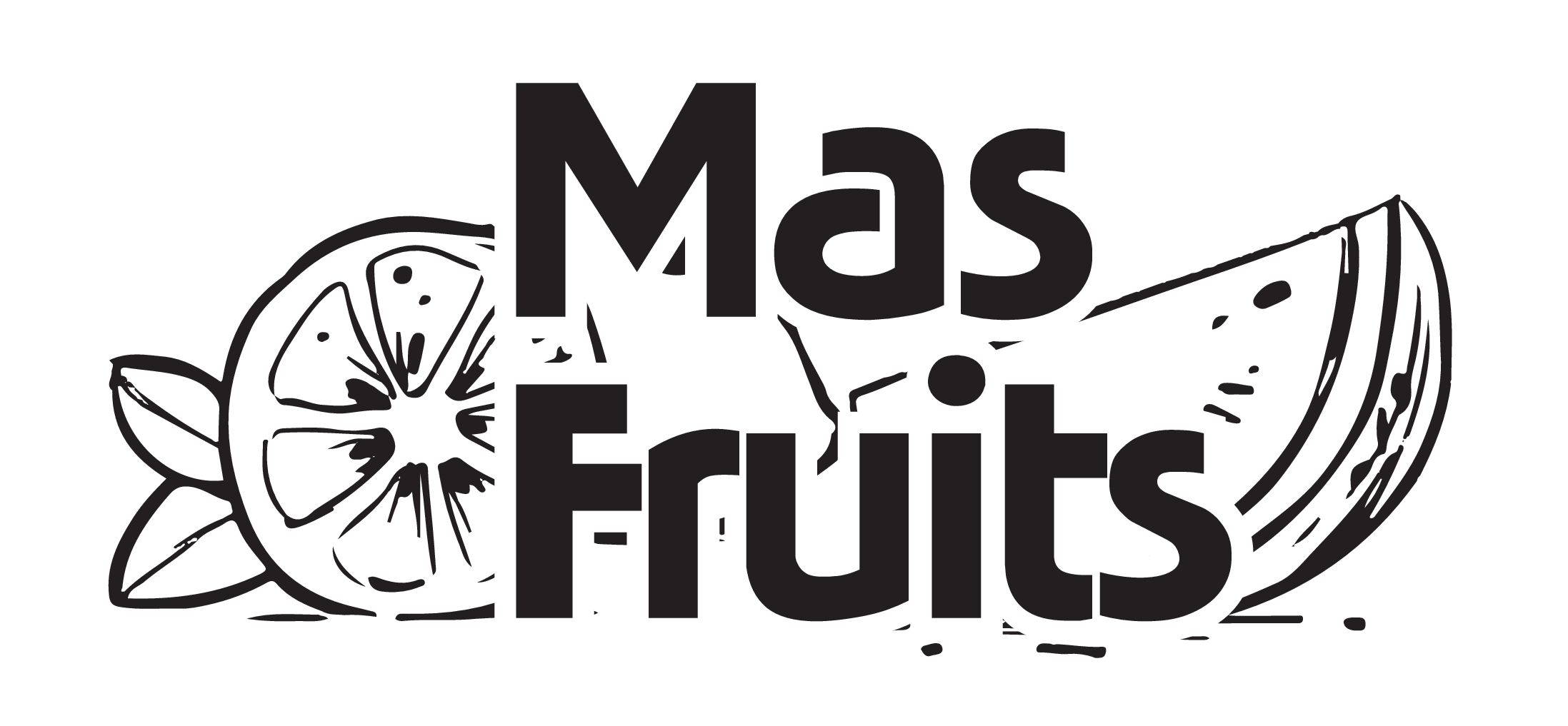Shorter term and variable rate mortgages allow greater prepayment flexibility but less rate certainty. Non Resident Mortgages require higher down payments from overseas buyers unable or unwilling to occupy. Newcomer Mortgages help new Canadians place down roots and establish a good credit rating after arriving. Stated Income Mortgages interest certain borrowers unable or unwilling to completely document their income. Commercial Mortgages finance apartments, office towers, warehouses, hotels and retail spaces. Second mortgages constitute about 5-10% with the mortgage market and so are used for debt consolidation loan or cash out refinancing. First-time house buyers should research available rebates, tax credits and incentives before shopping for homes. Mortgage Renewals allow existing homeowners to refinance their mortgage when their original term expires.
Bridge Mortgages provide short-term financing for real estate investors while longer arrangements get arranged. Mortgage brokers provide usage of hundreds of specialized mortgage products to meet unique borrower needs. The First Time Home Buyer Incentive reduces monthly mortgage costs without requiring repayment with the shared equity. Lower loan-to-value mortgages represent lower risk for lenders and will have more favorable rates of interest. Guarantor mortgages involve a third party with a good credit rating cosigning to aid borrowers with less adequate income or credit qualify. The minimum advance payment for properties over $500,000 is 10% instead of only 5% for less costly homes. Non-resident foreigners face restrictions on obtaining mortgages in Canada and must most often have a down payment of a minimum of 35%. Fixed rate mortgages provide certainty but reduce flexibility for added payments compared to variable mortgages. Reverse mortgage products help house asset rich income constrained seniors generate retirement income streams without required repayments until death or moving out transfers tax preferred successors value. Conventional home loan rates are generally 0.5 – 1% less than insured mortgages as the risk to lenders is gloomier.
Minimum advance payment amounts and mortgage rules differ to book investor properties versus primary residences. Mortgage rates in Canada steadily declined from 1990 to 2021, with the 5-year set rate falling from 13% to below 2% over that period. Mortgage loan insurance is required by CMHC on high-ratio mortgages to safeguard lenders and taxpayers in the case of default. Stated Income Mortgages entice certain borrowers unable or unwilling to completely document their income. The land transfer tax is payable upon closing a real estate property purchase in most provinces and it is exempt for first-time buyers in certain. The Bank of Canada overnight lending rate weighs monetary policy objectives like inflation employment goals determining Prime Rate movements directly impacting variable rate and adjustable rate Mortgage Brokers In Vancouver costs. Best Mortgage Broker Vancouver life insurance pays off a home financing upon death while disability insurance covers payments if unable to work due to illness or injury. Mortgage penalties still apply when selling your house before the mortgage term expires.
Mortgage Qualifying Standards have tightened lately as regulators try and cool overheated markets. The CMHC provides tools, insurance and advice to educate and assist prospective first time homeowners. Lengthy extended amortization periods over two-and-a-half decades substantially increase total interest costs. Most lenders allow porting mortgages to new properties so borrowers can conduct forward existing rates and terms. The Mortgage Broker In Vancouver BC may be recalled if your property is vacated for over normal periods, requiring paying against each other in full. Mortgage Refinancing to a lesser rate may help homeowners save substantially on interest costs in the amortization period. The CMHC provides tools like Mortgage Brokers In Vancouver calculators and consumer advice to aid educate prospective home buyers.
